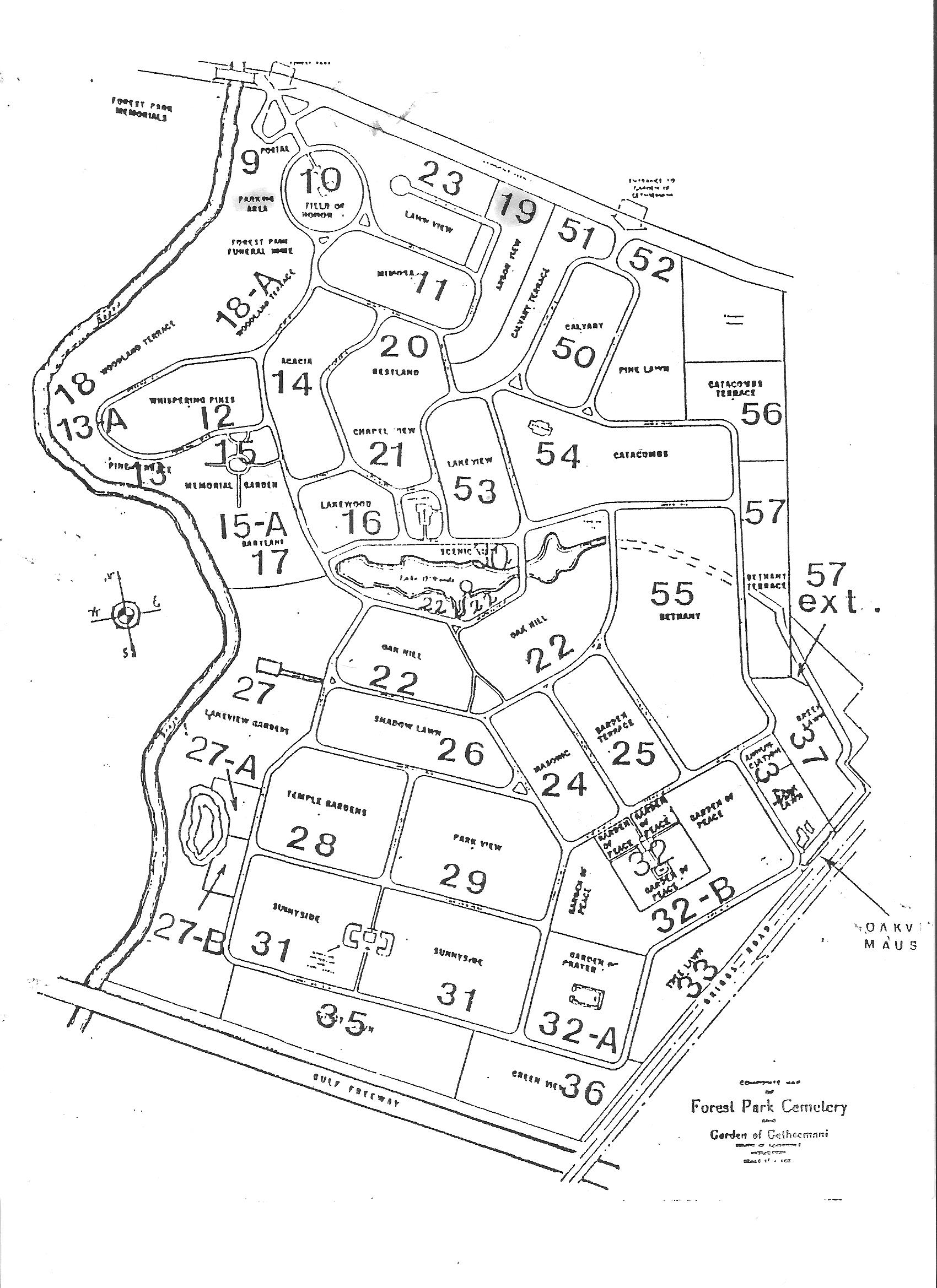Lloyd Bentsen
Birth Name:
Lloyd Millard Bentsen Jr.
Birth Date:
February 11, 1921
Birth Place:
Mission, Texas
Death Date:
May 23, 2006
Place of Death:
Houston, Texas
Age:
85
Cause of Death:
Natural Causes
Cemetery Name:
Forest Park Lawndale Cemetery
Claim to Fame:
World Leaders
Lloyd Bentson was a four-term United States Senator (1971–1993) from Texas, the Democratic Party nominee for vice president in 1988 on the Michael Dukakis ticket and served as the 69th United States Secretary of the Treasury under President Bill Clinton. He is also remember for his famous debate response when Quayle stated that he had as much political experience as John F. Kennedy. Bentsen, at the age of 67, retorted, "Senator, I served with Jack Kennedy. I knew Jack Kennedy. Jack Kennedy was a friend of mine. Senator, you're no Jack Kennedy."
Cemetery Information:
Final Resting Place:
Forest Park Lawndale Cemetery
6900 Lawndale
Houston, Texas, 77023
USA
North America
Map:

Grave Location Description
Drive to the center of the cemetery and the senator’s grave is located on the north side of the pond, across the street from the chapel and slightly east
Grave Location GPS
29.7157861, -95.3043125Photos:
[+]
[+]
[+]
[+]
[+]
[+]
[+]
[+]
[+]
[+]
[+]
FAQ's
Lloyd Bentsen was born on February 11, 1921.
Lloyd Bentsen was born in Mission, Texas.
Lloyd Bentsen died on May 23, 2006.
Lloyd Bentsen died in Houston, Texas.
Lloyd Bentsen was 85.
The cause of death was Natural Causes.
Lloyd Bentsen's grave is in Forest Park Lawndale Cemetery
Read More About Lloyd Bentsen:
Videos Featuring Lloyd Bentsen:
See More:
Back to Top


